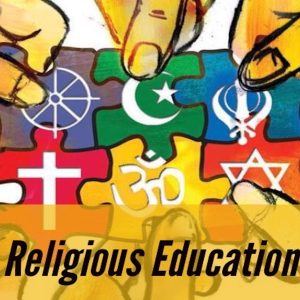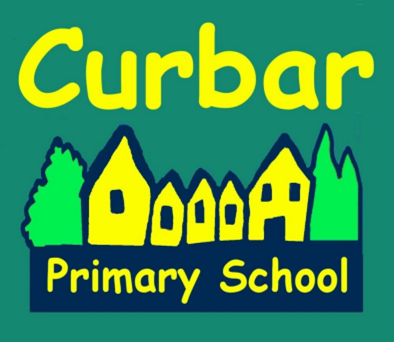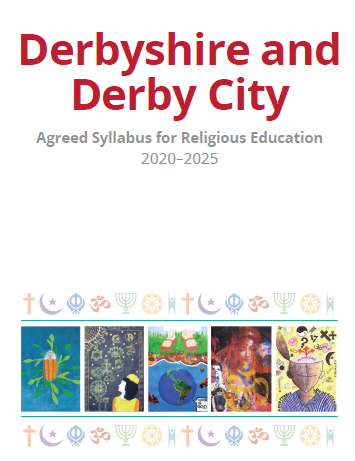RE

IntentWe aim for every pupil to enjoy and express themselves through the teaching and learning of RE – learning about religion and belief but also learning from religion and belief. We are aware that our profile is mainly white and broadly Christian based and our children need to be able to take their place in an outward, multi-cultural and multi-faith world. We believe that a high-quality RE curriculum will promote the spiritual, moral, cultural, mental and physical development of pupils at the school and prepare pupils for the opportunities, responsibilities and experiences of later life within the wider world. The principle aims for RE at Curbar is to enable pupils to participate in an on-going search for wisdom, through exploring questions raised by human experience and answers offered by the religions and beliefs of the people of Derbyshire and the wider community, so as to promote their personal development. We follow the Derbyshire RE Agreed Syllabus to support class teachers in delivering all aspects of the curriculum. |
| At Curbar, we promote pupils’ SMSC development through religious education in the following ways: |
Please see the RE long term plan for the school below (on a two year cycle): Implementation
The R.E. syllabus sets a key question for each unit of learning, these are categorised into learning about Believing (religious beliefs, teaching and sources; questions about meaning, purpose and truth), Expressing (Religious and spiritual forms of expression; questions about identity and diversity) and Living (religious practices and ways of living; questions about values and commitments). As the children progress through school they discover these aspects of learning, then explore them before connecting them together towards the end of their primary education. Once the children move on to secondary education they build on this by interpreting and applying their learning. The predominant mono cultural and mono religious nature of our immediate community increases the importance of learning in R.E. Our RE curriculum is delivered via a cycle which builds upon children’s knowledge in each area of Religious Education over time to ensure that the children gain a depth of knowledge by Year 6. Our curriculum is delivered through a variety of learning experiences including handling artefacts, exploring scared texts, using imaginative play or drama to express feelings and ideas, responding to images, games, stories, art, music and dance, meeting visitors from local religious communities, making visits to religious places of worship where possible, and where not, making use of videos and the Internet, taking part in whole school events- (multi-faith days, Harvest Festival, school performances), participating in moments of quiet reflection, participating in Open the Book assemblies, using computing to further explore religion and belief globally, comparing religions and world views through discussion, debating and communicating religious belief, world views and philosophical ideas and answering and asking ultimate questions posed by these. ImpactOur Religious Education Curriculum impacts pupils in the following ways:
By the end of each key stage, pupils are expected to know, understand and apply skills related to attainment targets and learning themes embedded with in the Derbyshire Agreed Syllabus for RE. Termly summative assessments are used to determine the children’s’ understanding and inform teacher’s planning and further differentiated support for pupils. Please click on the RE Milestones (progress steps) below: |

